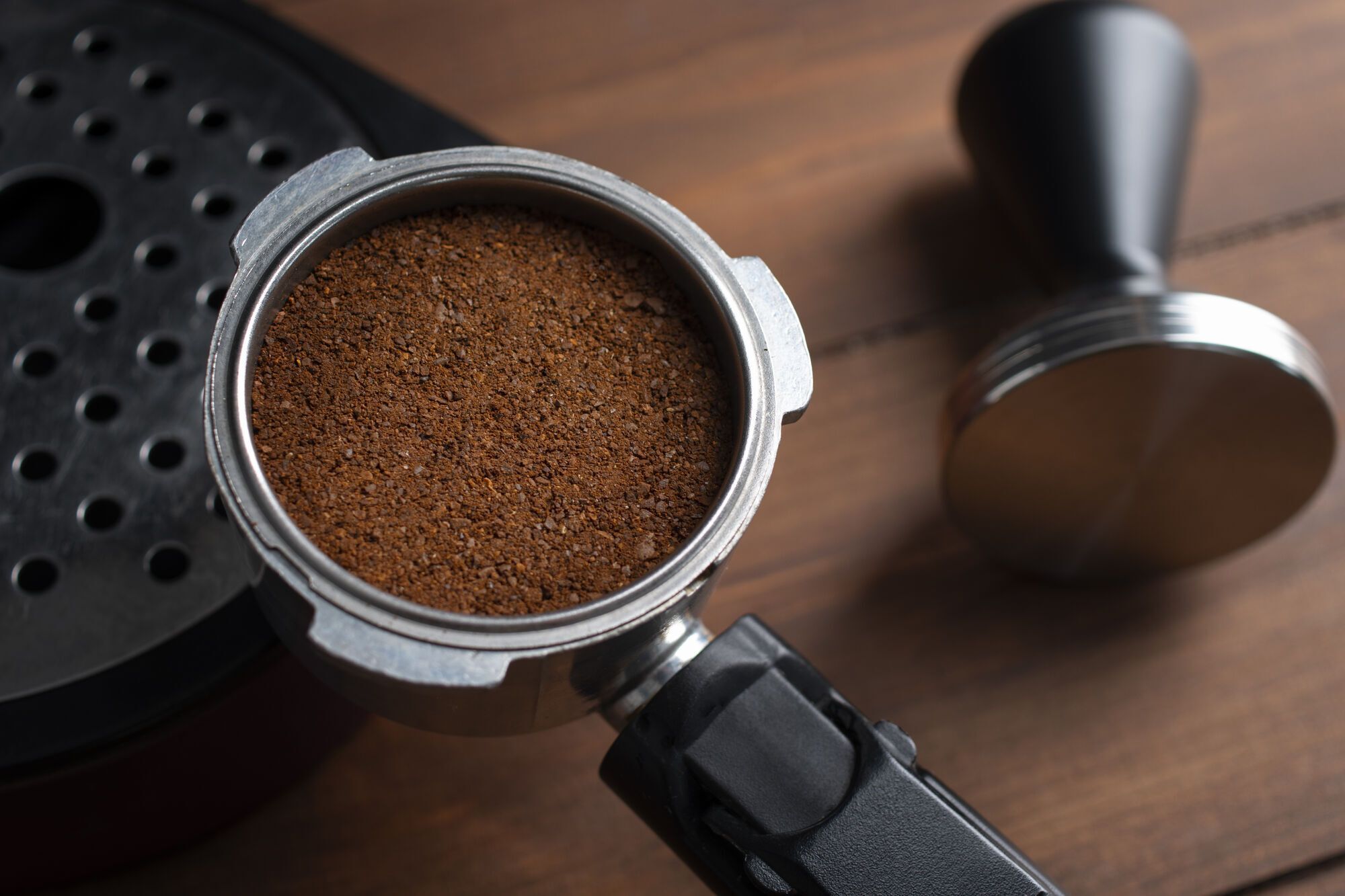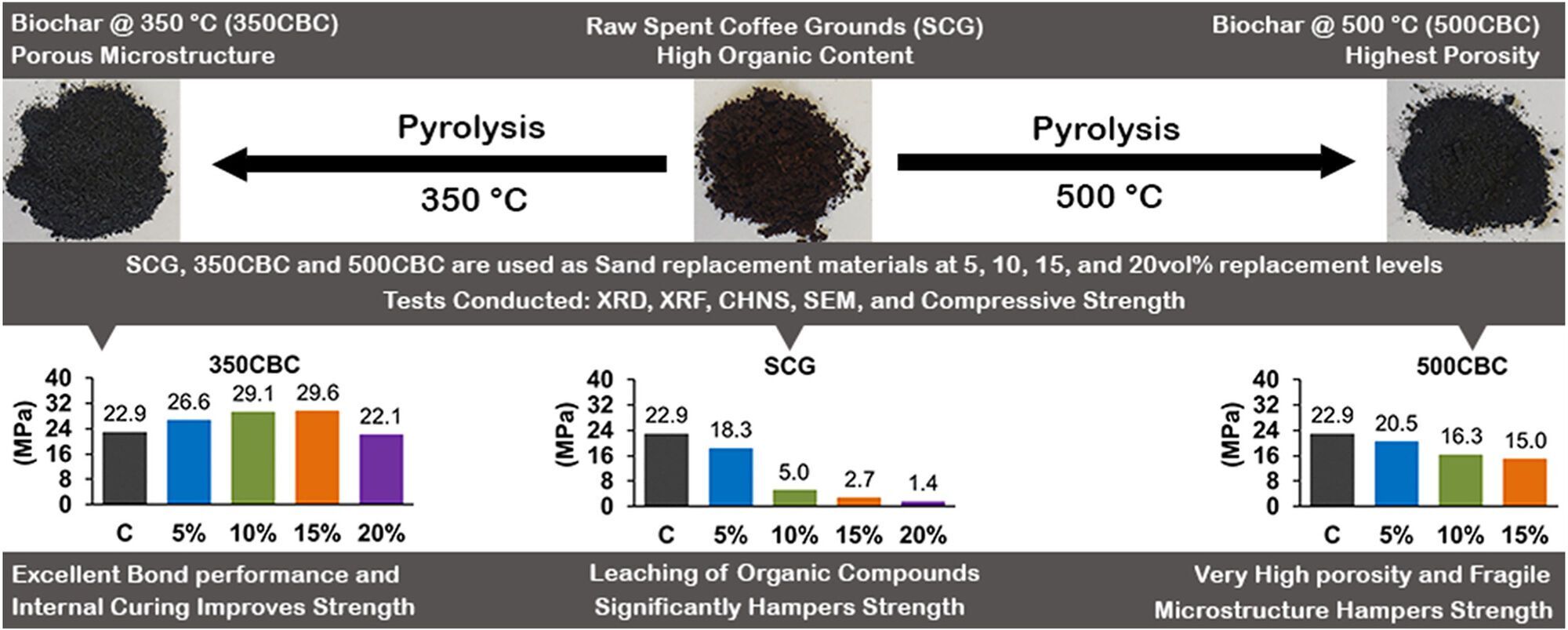News
Scientists have found a new way to use coffee grounds: it will solve several problems at once
Every year, about 10 billion kilograms of coffee waste are generated worldwide. Most of it ends up in landfills. Researchers from Australia have discovered that if charred coffee grounds are processed and added to the mixture, it will be possible to produce concrete that is 30 percent stronger.
Their clever recipe can solve several problems at once: not cluttering up landfills and putting organic waste to good use, Science Alert writes.
"Disposal of organic waste poses an environmental problem because it releases large amounts of greenhouse gases, including methane and carbon dioxide, which contribute to climate change," says RMIT University engineer Rajeev Roychand.
With the booming construction market around the world, the demand for resource-intensive concrete is also steadily increasing, which also causes other environmental problems.
"The continuous extraction of natural sand around the world, usually taken from riverbeds and river banks, to meet the needs of the rapidly growing construction industry has a major impact on the environment," says another RMIT engineer, Jie Li.
Critical and long-term problems with maintaining a sustainable supply of sand due to limited resources and the environmental impact of sand mining have existed for years. Thus, the scientists' idea to use coffee grounds will not only keep organic waste out of landfills but also better conserve natural resources such as sand.
Organic products, such as coffee grounds, cannot be added directly to concrete, as they release chemicals that weaken the strength of the building material. So, using low levels of energy, the team heated the coffee waste to over 350 °C, stripping it of oxygen.
This process is called pyrolysis. It breaks down organic molecules, resulting in a porous, carbon-rich charcoal called biochar that can form bonds with the cement matrix and thus be incorporated into it.
Roychand and his colleagues also tried pyrolyzing coffee grounds at 500 °C, but the resulting biochar particles were not as strong.
The researchers emphasized that they still need to evaluate the long-term durability of their cement product. They are now working on testing how the coffee-cement hybrid performs during freeze/thaw cycles, water absorption, abrasion, and many other stressors.
The team is also working on creating biochar from other sources of organic waste, including wood, food and agricultural waste.
"Our research is in the early stages, but these exciting discoveries offer an innovative way to significantly reduce the amount of organic waste sent to landfill," said RMIT engineer Shannon Kilmartin-Lynch.
Only verified information is available on our Telegram channel OBOZ.UA and Viber. Do not fall for fakes!





























